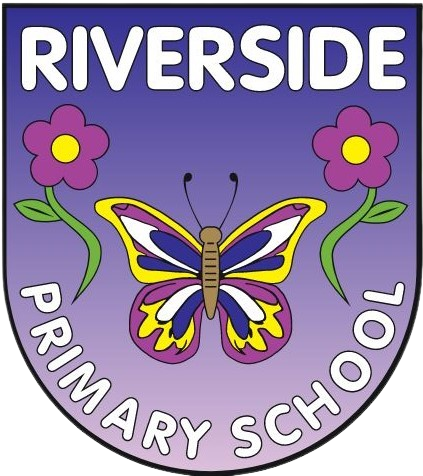English
Our English Curriculum is designed to ensure we carefully consider the starting points of our pupils in speaking, listening, reading and writing and build on their knowledge and skills from what we know. This in-depth knowledge of what our children know and where they need to go next, allows pupils to develop rapidly, ensuring they are able to speak and write fluently in order to communicate their ideas and emotions to others.
Through their reading and listening skills, others can communicate with them. We have the ability to communicate in a range of ways, with high regard for our children.
We strive for our children to develop their voice and are able to share their ideas with others. In support of this, we ensure children are exposed to rich and varied vocabulary to help prepare them for life outside their home town. Through reading and well-chosen literature, pupils have a chance to develop culturally, emotionally, intellectually, socially and spiritually.
The aim of English in the national curriculum is to promote high standards of language and literacy by equipping pupils with a strong command of the spoken and written word, and to develop their love of literature through widespread reading for enjoyment. The national curriculum for English at Riverside primary aims to ensure that all pupils:
- Read easily, fluently and with good understanding;
- Develop a love of the written word and enjoy reading for pleasure;
- Develop the habit of reading widely and often;
- Acquire a wide vocabulary, an understanding of grammar and knowledge of linguistic conventions for reading, writing and spoken language;
- Appreciate our rich and varied literary heritage;
- Write clearly, accurately and coherently, adapting their language and style in and for a range of contexts, purposes and audiences;
- Use discussion in order to learn; they should be able to elaborate and explain clearly their understanding and ideas whilst having a common respect for others' opinions.
- Are competent in the arts of speaking and listening, making formal presentations, demonstrating to others and participating in debate.
Spoken Language
The national curriculum for English reflects the importance of spoken language in pupils’ development across the whole curriculum – cognitively, socially and linguistically. Spoken language underpins the development of reading and writing.
